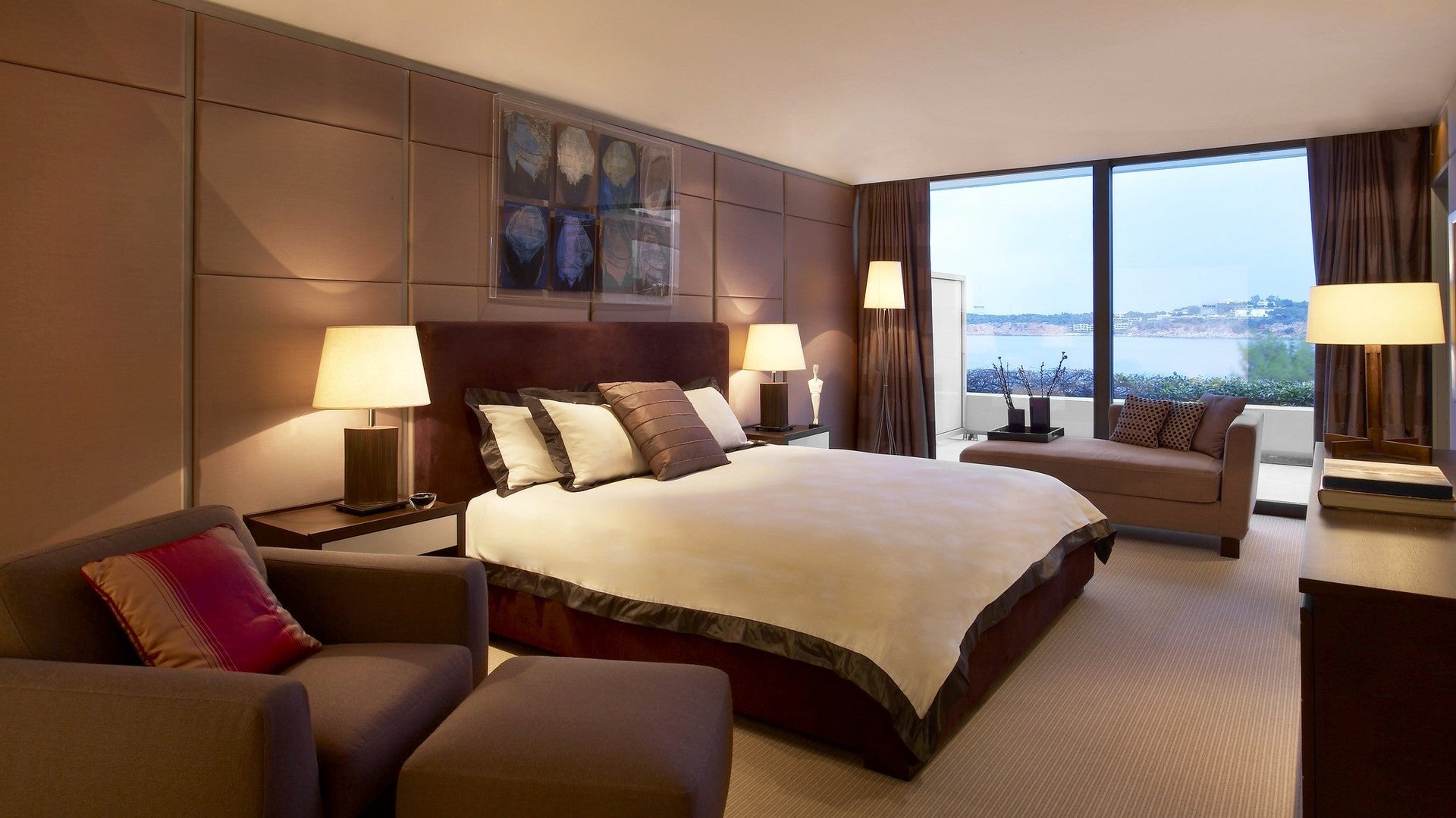Your Starwood points are as valuable to Marriott as they are to you
Starwood Hotels and Resorts is currently the object of a bidding war between Marriott and China’s Anbang Insurance Group. The brief history: Marriott struck a deal to acquire Starwood in November 2015 for $12.2 billion, but last week saw its intentions derailed by Anbang, which swooped in with a $13.2 billion all-cash offer. Then, on Monday, Marriott returned with another bid, a $13.6 billion cash-and-stock deal. Starwood, once again, said yes.


Starwood Hotels and Resorts is currently the object of a bidding war between Marriott and China’s Anbang Insurance Group. The brief history: Marriott struck a deal to acquire Starwood in November 2015 for $12.2 billion, but last week saw its intentions derailed by Anbang, which swooped in with a $13.2 billion all-cash offer. Then, on Monday, Marriott returned with another bid, a $13.6 billion cash-and-stock deal. Starwood, once again, said yes.
A Starwood-Marriott merger would create the world’s largest hotel company, with 5,700 hotels and 1.1 million rooms. But it would also give Marriott access to the Starwood loyalty program, a key asset that could help stave off competition not just from other hotels, but also from increasingly popular alternative lodging options like Homeaway and Airbnb.
Starwood Preferred Guest, or SPG, is known as a favorite among business travelers. When Marriott was initially said to be buying Starwood last November, SPG members immediately started worrying about what might happen to their points. The handwringing prompted Marriott CEO Arne Sorenson to reassure them in a video that “devaluing points or member benefits is not the way to preserve and strengthen these programs.” At a conference last May, Starwood’s then-CFO and current CEO Thomas Mangas called SPG the ”secret sauce.”
Sorenson has said repeatedly that SPG is a main reason why Marriott is pursuing Starwood. Marriott’s own rewards program is much bigger than Starwood’s, with 55 million members to SPG’s 23 million, and often ranked higher in third-party analyses. But Starwood’s SPG members skew younger and high-end. ”SPG is a powerful program, there’s no doubt about it,” Sorenson told investors on Monday. “It’s got a strong group of elite loyalists.”
Businesspeople are coveted in the hotel industry. They’re less price sensitive than the typical vacationer, and their bookings are also much more reliable. In 2017, spending on US business travel is projected to reach $300 billion, according to the Global Business Travel Association. Business travel is also a market that Airbnb has understandably struggled to crack; home rentals with widely varied amenities and unpredictable availability are a lot more likely to appeal to leisure travelers than McKinsey consultants on a project.
Loyalty programs like SPG help keep those all-important business travelers coming back. They also help hotels keep transactions off of third-party booking sites like Orbitz and Expedia, which usually charge a commission of 12% to 18%. (Starwood requires you to book through one of its channels to get points, rather than a third-party site.)
Viewed in that light, loyalty programs aren’t just the secret sauce—they’re also a defensive moat.